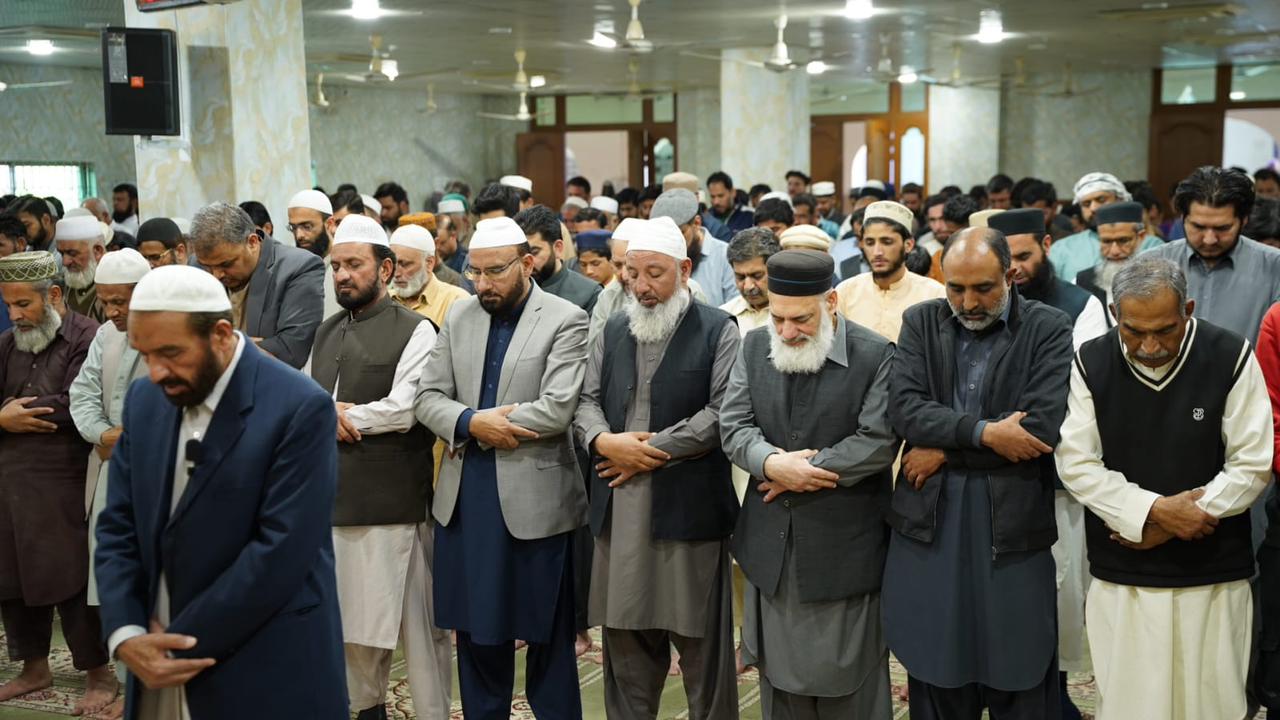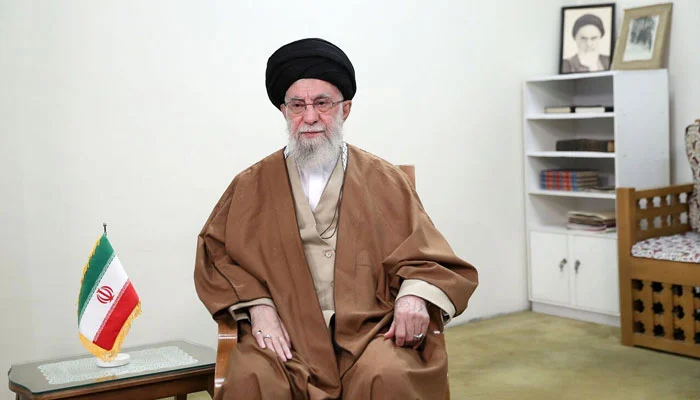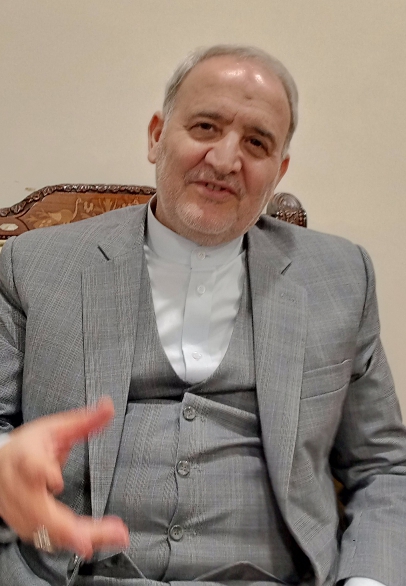Fahad jafri
The future of Pakistan’s real estate market is entering a phase of structural transformation. After years of speculative growth and informal practices, the sector is now being pushed toward greater regulation, digitization, and transparency. This change is being driven by a mix of internal and external pressures, including economic instability, rising interest rates, inflation, and increasing awareness among the public. While prices in major urban centers have either stagnated or corrected due to tightened regulations and reduced investor activity, genuine end-user demand in affordable housing remains strong especially in second-tier cities. Key growth drivers for the future include the digitization of land records (notably in Punjab and Sindh), increasing urbanization, infrastructure development under CPEC, and the rise of green and vertical housing. Additionally, the emerging REIT framework offers hope for institutionalizing the sector, reducing reliance on speculative investments, and attracting more structured, transparent capital flows.
However, there are serious challenges that must be addressed if this potential is to be realized. These include the absence of a national land policy, inconsistent regulations across provinces, excessive taxation burdens (such as capital gain tax and FBR valuations), and a lack of market transparency. Speculation must be discouraged, and real development should be incentivized. For this to happen, Pakistan urgently needs a Real Estate Regulatory Authority (RERA) to oversee compliance, protect buyers, and enforce zoning laws. The government must also support housing finance and legal reforms that enable long-term home ownership.
In my view, over the next five to ten years, the real estate market will likely see moderate but steady growth in residential and industrial sectors, while traditional commercial real estate may slow down due to oversupply and changing work habits. Rental yields will rise as more people shift toward renting in the face of affordability issues. Projects with strong fundamentals, legal transparency, and actual construction progress will outperform speculative ventures. The future belongs to developers and investors who prioritize ethics, compliance, and sustainable planning. As a professional deeply involved in this industry, I believe Pakistan’s real estate sector has the potential to become a structured trillion-rupee economy—if we shift from land speculation to real urban development, and from informal dealings to institutional governance.
Pakistan’s real estate market can become a trillion-rupee economy, but only if we shift from speculation to structure, and from plots to purpose-driven development. As someone who has worked in this field for 18+ years, I believe that education, regulation, and ethics will define the next era of real estate in Pakistan.




